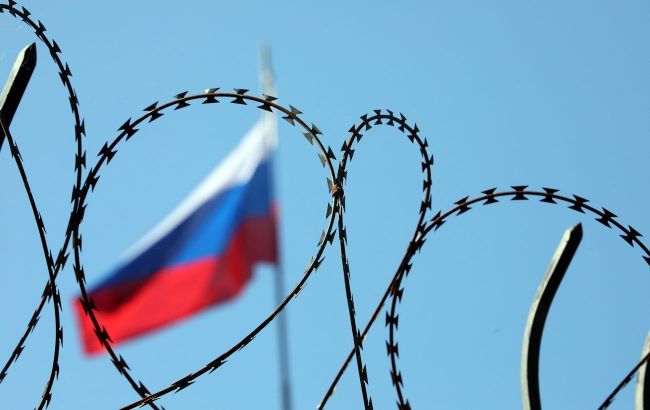New EU sanctions against Russia may be even weaker than expected: Media reveals reason
 Illustrative photo: the new EU sanctions against Russia may be even weaker than expected (Getty Images)
Illustrative photo: the new EU sanctions against Russia may be even weaker than expected (Getty Images)
The response to Russia's disregard for the call to establish a ceasefire should be the 17th package of sanctions by the European Union (EU). The only problem is that the restrictions may turn out to be even weaker than expected, Handelsblatt reports.
"The problem lies in the numbers. If 16 EU sanctions packages have not forced Russia to back down, why should the 17th do so? Especially since, in the opinion of our editorial team in Brussels (Handelsblatt – ed.), this package is likely to be even softer than previously feared," the outlet writes.
According to one unnamed EU diplomat, the Union has reached "the limit of what it can do with sanctions."
Handelsblatt notes that a few more oil tankers could have been added to the list of sanctioned shadow fleet vessels, but, as other media outlets report, the EU currently prefers to wait and see how the United States will act on restrictions against Russia.
Sanctions against Russia
Following the start of the full-scale invasion, Western countries began implementing sanctions against Moscow. The restrictions have affected the financial sector, energy, transport, high-tech exports, and other areas. The main goal of the sanctions is to weaken Russia’s economic ability to finance the war and to exert pressure on its political leadership.
Sanctions policy is continuously evolving — the European Union, the United States, and other partners regularly review and expand the list of restrictions. Work is currently underway on the EU’s 17th sanctions package.
As noted by German Foreign Minister, Johann Wadephul, Russia will face consequences if President Vladimir Putin refuses to engage in talks with Kyiv, which are scheduled for May 15 in Türkiye.

